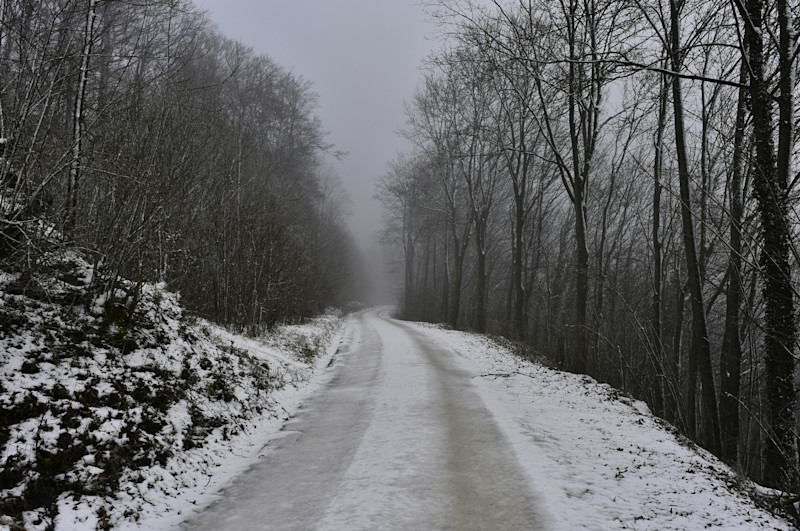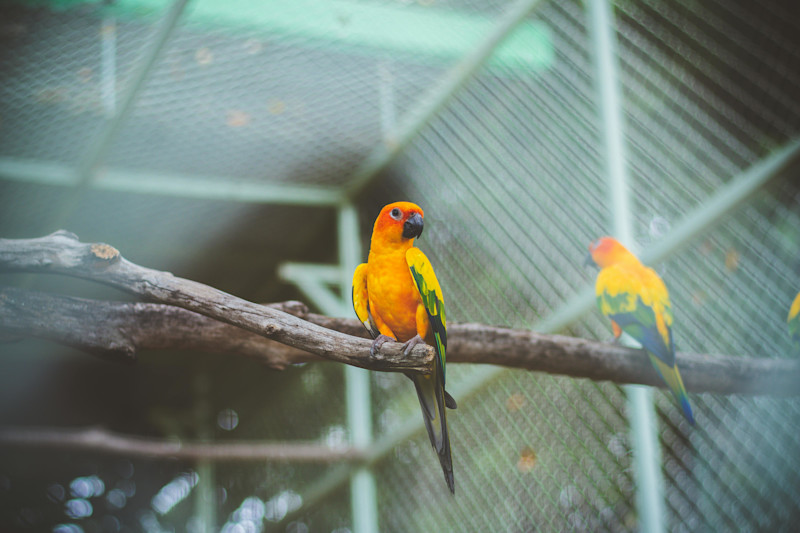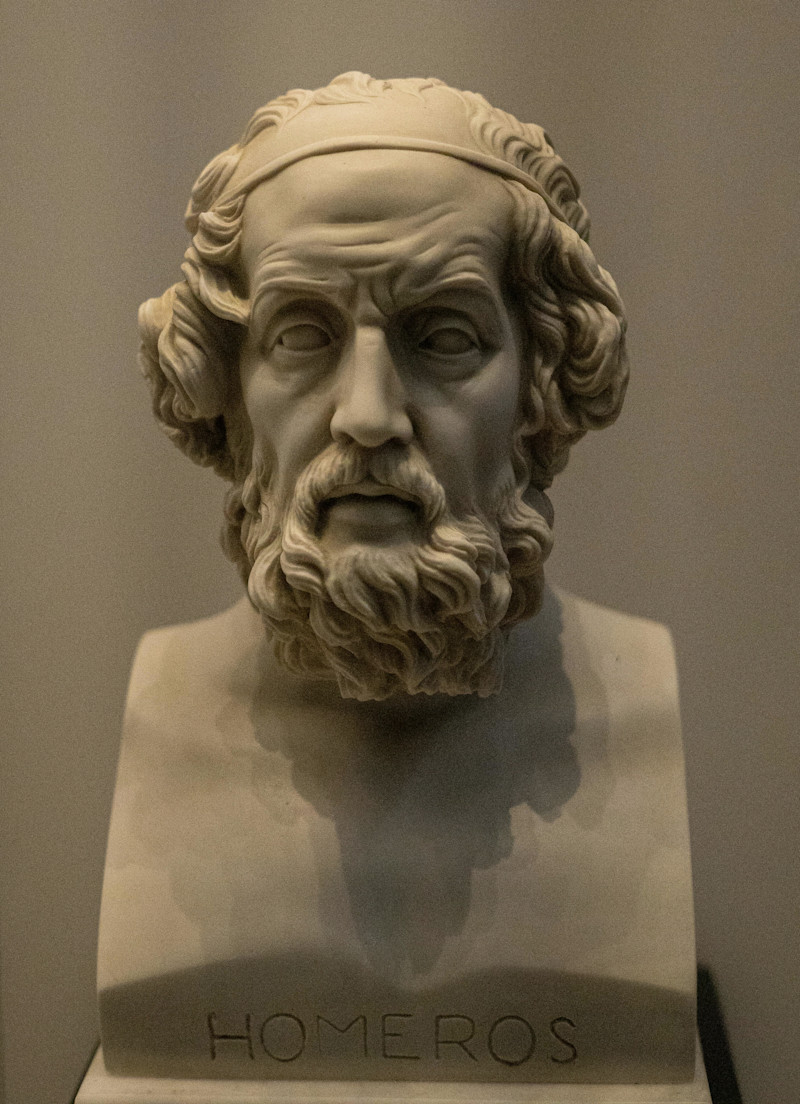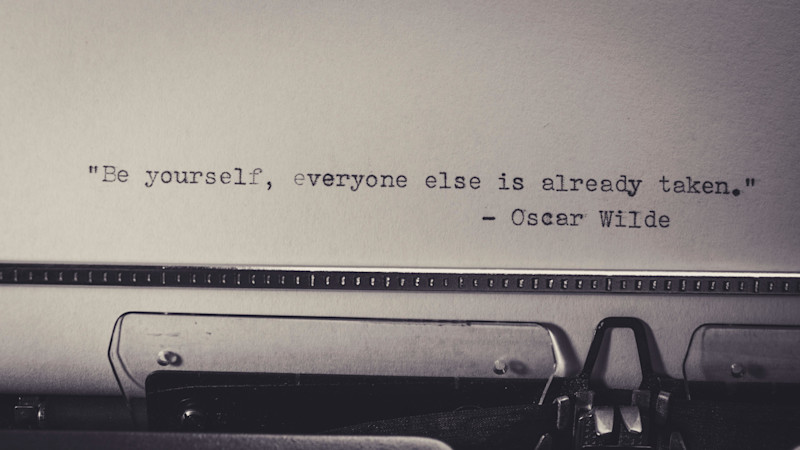
Held annually on March 21st, World Poetry Day is a global celebration of one of humanity's most cherished forms of cultural and linguistic expression
Poetry transcends borders, uniting people with its ability to articulate universal truths, evoke profound emotions, and inspire introspection. Established by UNESCO in 1999, World Poetry Day aims to highlight linguistic diversity, honour poets, revive oral traditions, and showcase the vital role poetry plays in bridging cultural divides.
Poetry’s influence has been felt across centuries, from ancient oral traditions to modern literary movements. It gives voice to the ineffable, offering solace, sparking dialogue, and fostering peace. In the spirit of this celebration, we delve into the works of some of the world's most iconic poets, exploring how their words resonate with readers and challenge us to think deeper.
Sylvia Plath: The Alchemy of Pain into Art
Sylvia Plath, often regarded as one of the most dynamic poets of the 20th century, harnessed her life’s turmoil to craft verses that pierced the human psyche. Through works like Daddy and Lady Lazarus, she transformed personal despair into universal reflections on identity, loss, and resilience.
Plath’s poetry is a visceral experience, brimming with stark imagery and raw emotion. Her infamous confessional style, exemplified in the collection Ariel, captured the frenzy of a “runaway horse,” turning anguish into brilliance. Plath’s deeply autobiographical work laid bare societal expectations and personal battles, inviting readers to confront their vulnerabilities.
Her poem Lady Lazarus, for instance, portrays death and rebirth with haunting eloquence:
“Dying is an art, like everything else.
I do it exceptionally well.”
These words echo with an almost mythic quality, encapsulating both despair and defiance. Her ability to blend personal pain with archetypal themes ensured her enduring influence on readers and poets alike. Plath reminds us that poetry is not merely an escape but a mirror reflecting humanity’s darkest and most profound truths.
William Wordsworth: The Poet of Nature and Humanity
William Wordsworth, a towering figure in English Romanticism, redefined the poetic landscape with his profound connection to nature and his deep empathy for the human condition. Born on April 7, 1770, Wordsworth’s early life along the picturesque Derwent River fostered his enduring love for the natural world. This attachment to nature became the cornerstone of his poetic philosophy and legacy.

As a young man, Wordsworth’s travels across Europe, particularly during the revolutionary fervour in France, shaped his democratic ideals and compassion for ordinary people. His experiences during these formative years infused his poetry with a sense of moral inquiry and a celebration of humanity’s shared experience. Wordsworth believed in the power of nature to inspire, heal, and elevate the human spirit, ideas eloquently explored in works like Lines Composed a Few Miles above Tintern Abbey, On Revisiting the Banks of the Wye during a Tour and The Prelude.
Wordsworth’s collaboration with Samuel Taylor Coleridge resulted in Lyrical Ballads, a seminal work that marked the beginning of the Romantic movement in English literature. In its revolutionary preface, Wordsworth argued for the use of simple, everyday language in poetry and emphasised the “spontaneous overflow of powerful feelings” as the essence of poetic creation. This approach resonated with readers and critics alike, challenging the artificiality of 18th-century poetic diction and reinvigorating the art form.
Despite his initial radicalism, Wordsworth’s later life saw a mellowing of his political stance, yet his love for the beauty and transformative power of the natural world remained. His verses often reflect a profound meditation on memory, emotion, and the interconnection between humanity and the environment, inspiring generations of poets and readers to seek solace and meaning in the world around them.
Today, Wordsworth is celebrated not only for his contributions to poetry but also for his role in shaping our understanding of nature’s role in human life—a legacy as timeless as the Lake District landscapes he cherished.
Robert Frost: The Voice of New England and Universal Humanity
Robert Frost’s poetry embodies a harmonious blend of simplicity and profound depth, reflecting both his New England roots and a universal resonance that transcends regional boundaries. Born in San Francisco, Frost’s connection to New England began when his family moved east after his father’s death. This shift not only shaped his personal identity but also deeply influenced his poetic themes, which often drew on the rugged landscapes, rural life, and quintessential spirit of the region.
Frost’s career took a while to flourish; his first poem, My Butterfly, published in 1894, marked his entry into the literary world, but widespread recognition came much later. His perseverance paid off when he published his first books, A Boy’s Will and North of Boston, while living in England. These works established his reputation and introduced readers to his distinctive voice, marked by colloquial language, traditional meters, and an insightful exploration of human experiences. Returning to the U.S. as a celebrated poet, Frost became a literary icon, winning an unprecedented four Pulitzer Prizes and captivating audiences with his ability to transform ordinary moments into profound reflections.
Frost’s poetry is celebrated for its accessible surface and layered complexity. His famous poems, such as Stopping by Woods on a Snowy Evening and The Road Not Taken, invite readers to engage with seemingly straightforward narratives that reveal deeper philosophical inquiries. Whether meditating on nature, relationships, or existential dilemmas, Frost’s work is rooted in a keen observation of life’s tensions—between freedom and order, tradition and innovation, individuality and community.

Despite his modernist contemporaries, Frost charted his own course, resisting the experimental tendencies of the era. Critics have noted his ability to merge 19th-century poetic traditions with modernist themes, crafting an original idiom that remains timeless. This unique position—bridging past and present—cements Frost’s legacy as a poet who speaks to the universal human condition while staying deeply rooted in the specificities of his world.
Maya Angelou: A Life of Resilience, Creativity, and Activism
Maya Angelou was a groundbreaking figure in American literature, civil rights, and the arts. Her multifaceted career spanned decades and included roles as a singer, dancer, actress, playwright, director, educator, and above all, a writer. With her voice resonating through poems, essays, and autobiographies, Angelou captured the complexities of identity, race, and the human spirit, earning her place as a cultural icon.
Angelou’s most celebrated work, I Know Why the Caged Bird Sings, marked a literary revolution. In this vivid autobiography, she recounted the challenges of her early years, including racial prejudice in the segregated South. Through this hardship, Angelou discovered the power of words, immersing herself in the works of Black authors like Langston Hughes and canonical giants such as Shakespeare. Her ability to craft evocative narratives and intertwine fiction-writing techniques within autobiography not only broke genre boundaries but also gave voice to the shared struggles of marginalised communities.

Her literary achievements extended far beyond her six autobiographies. As a poet, Angelou’s work celebrated Black beauty, demanded social justice, and highlighted the strength of women. Collections such as Just Give Me a Cool Drink of Water 'fore I Diiie and Phenomenal Woman captured the depth of her experiences and her aspirations for a fairer world. The power of her words was amplified by her captivating performances, which drew from African-American oral traditions and cemented her reputation as a storyteller who could both move and inspire.
Angelou’s activism paralleled her artistic pursuits. She worked with Dr. Martin Luther King Jr. and Malcolm X, taking on leadership roles in the civil rights movement. Her global perspective deepened during her time in Ghana, where she worked as a writer and editor, and these experiences enriched her narratives with themes of diaspora and identity. Upon her return to the United States, she became an influential voice for equality, her works reflecting the struggles and triumphs of the era.
In her later years, Angelou expanded her literary repertoire with essays and children’s books, continuing to touch audiences across generations. As she once reflected, her work sought to bridge the personal and collective, saying, “I was following a tradition…speaking in the first-person singular talking about the first-person plural.”
Other Acclaimed Wordsmiths
Poetry has long served as a vessel for human expression, and some of the most enduring names in literature have shaped its course with their unique voices and indelible contributions. Edgar Allan Poe, known as the master of macabre, redefined the genre of Gothic literature. His haunting poems like The Raven and Annabel Lee explore themes of love, loss, and madness with a musicality that captures the imagination. Poe’s innovations in poetic structure and rhythm have left a lasting impact on literature, influencing countless writers and cementing his reputation as a pioneer of the American Romantic movement.
Another literary giant, Emily Dickinson, was a reclusive yet prolific poet who revolutionised the art with her unconventional use of form and punctuation. Her introspective works, such as Because I Could Not Stop for Death and I Felt a Funeral in My Brain, delve into mortality, nature, and the inner workings of the mind. Though she published few poems during her lifetime, her posthumous influence has been immense, inspiring generations to embrace a personal and experimental approach to poetry.
Throwing it back to the 8th century BCE, the ancient Greek poet Homer, whose epic masterpieces The Iliad and The Odyssey continue to resonate across millennia, laid the foundation for Western literature. These works, chronicling the heroics of Achilles and Odysseus, intertwine themes of honour, vengeance, and the human condition, offering timeless narratives that bridge the past and present.

Romantic poet John Keats, though tragically short-lived, left a legacy of exquisite lyricism. His odes, including Ode to a Nightingale and Ode on a Grecian Urn, explore the beauty, the transience, and the tension between the ideal and the real. Keats’s profound sensitivity to the natural world and his unparalleled command of imagery have ensured his enduring presence in the canon of English poetry.
W.B. Yeats, a towering figure in Irish literature, brought a mystical and nationalistic fervour to his works. His poems, such as The Second Coming and Sailing to Byzantium, grapple with themes of spirituality, cultural identity, and the cyclical nature of history. Yeats’s lyrical brilliance and dedication to the Irish cause have solidified his position as a key literary and cultural figure.
A poet famed for his wit and flamboyance, Oscar Wilde made significant contributions to poetry, although he is perhaps better known as a playwright and novelist. His works like The Ballad of Reading Gaol reflect his personal struggles and critique societal injustices, offering poignant insights into suffering and redemption.

Bringing an entirely different flavour to poetry, Spike Milligan had an uncanny knack for blending humour and whimsy with surprising depth. His absurdist and often nonsensical verses, such as those in Silly Verse for Kids, entertain and provoke thought in equal measure. Milligan’s playful approach broadened the scope of what poetry could be, appealing to both children and adults.
Rudyard Kipling, best known for his prose in The Jungle Book, was also an accomplished poet. Works like If—, which even gets a famous rendition in the hilarious mock documentary style film Mike Bassett: England Manager, and The White Man’s Burden, have sparked admiration and controversy alike, reflecting themes of imperialism, duty, and resilience. Kipling’s ability to capture the essence of an era has made his poetry both significant and enduring.
Finally, T.S. Eliot is a renowned name who reshaped modernist poetry with his groundbreaking works The Waste Land and The Love Song of J. Alfred Prufrock. His dense, allusive style and exploration of spiritual desolation and renewal have influenced countless poets. Eliot’s voice, blending innovation with tradition, remains a touchstone for understanding the complexities of the 20th-century human experience.
These poets, spanning eras and styles, have each contributed uniquely to the literary tapestry, challenging conventions, and inspiring countless readers to see the world through the lens of verse. Their works continue to shape how we interpret humanity, nature, and the universe itself.
The enduring legacies of these poets highlight the transformative power of language and the universality of the human experience. Through their unique voices, they have shaped the course of literature, offering insights into love, loss, identity, and existence that transcend time and culture. Their works remind us of the profound connection between art and the soul, ensuring their influence will resonate for generations to come.
For more related updates and to Katch us covering similar topics, watch this space!
Katch our game-changing PR and Communications, Social Media, Branding and Design, Brand Consultancy, Digital Marketing, and Global Communications services to help your brand make noise. Get in touch with our 360-Marketing agency in Dubai, Qatar, Saudi Arabia, and London, and let’s get the conversation started!
